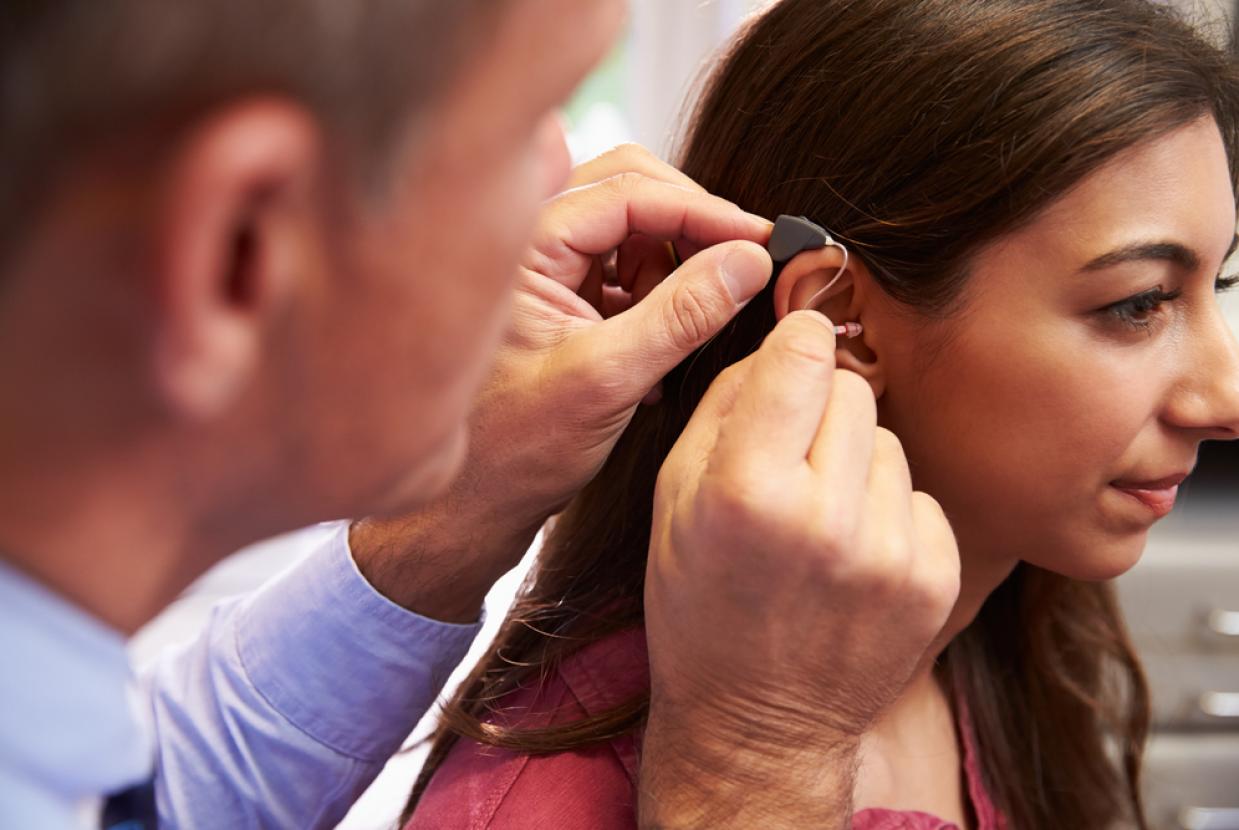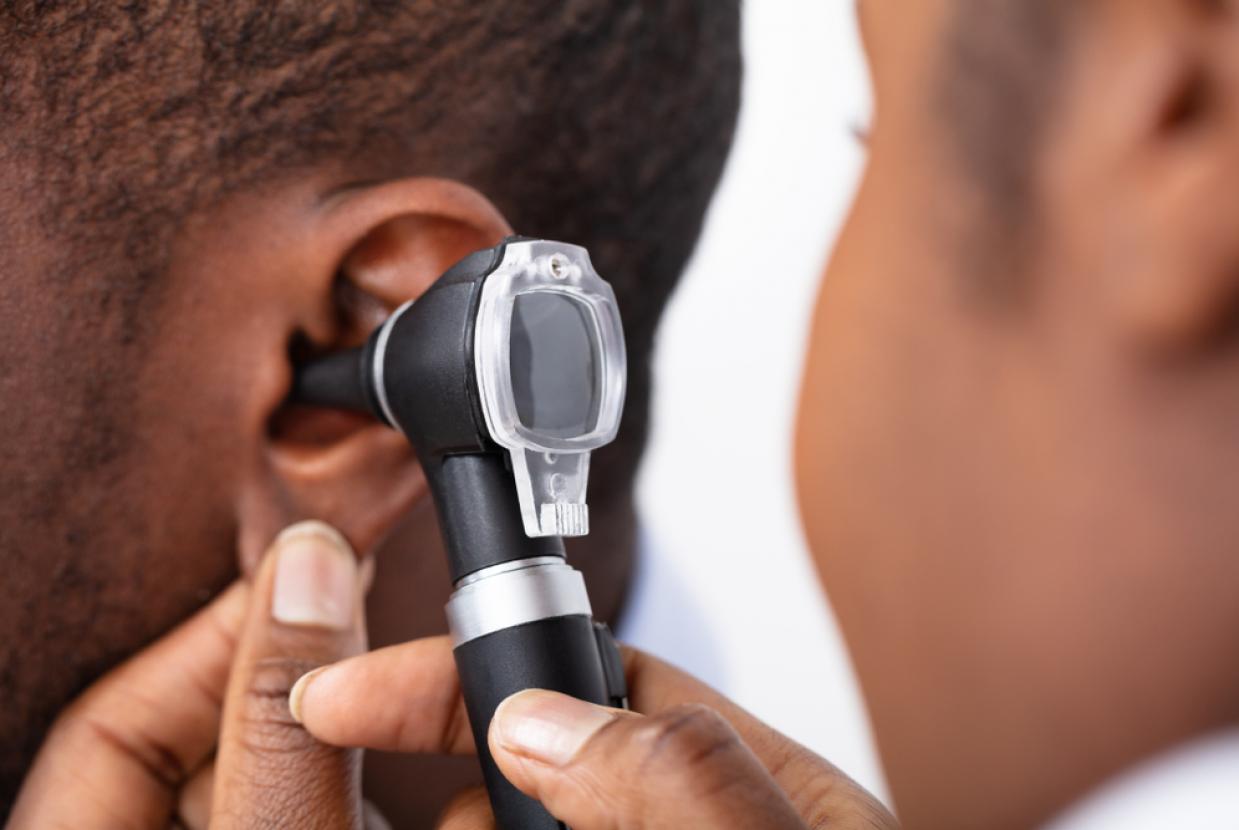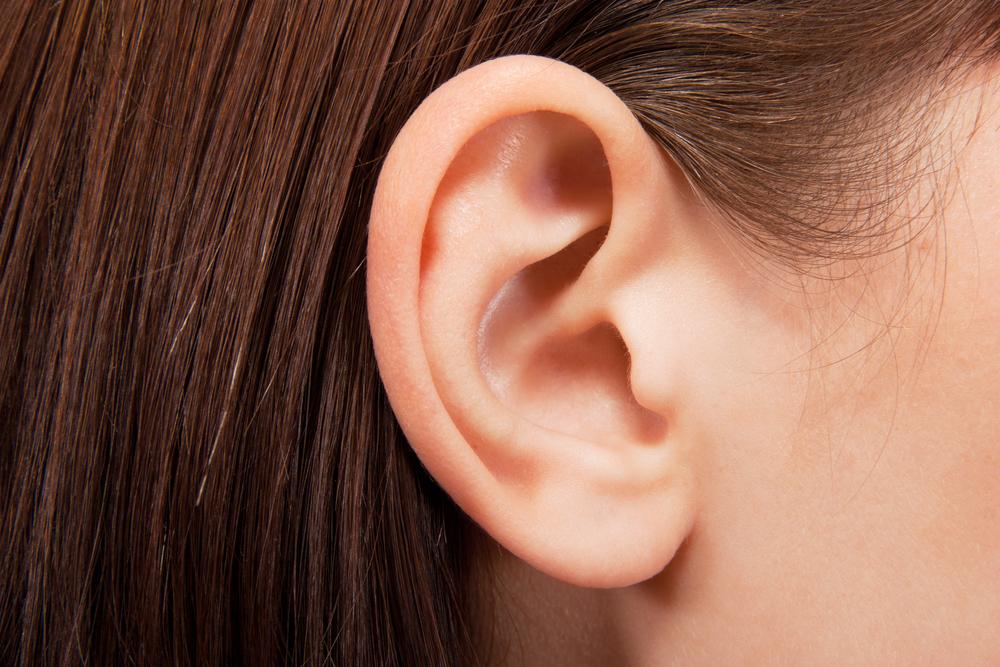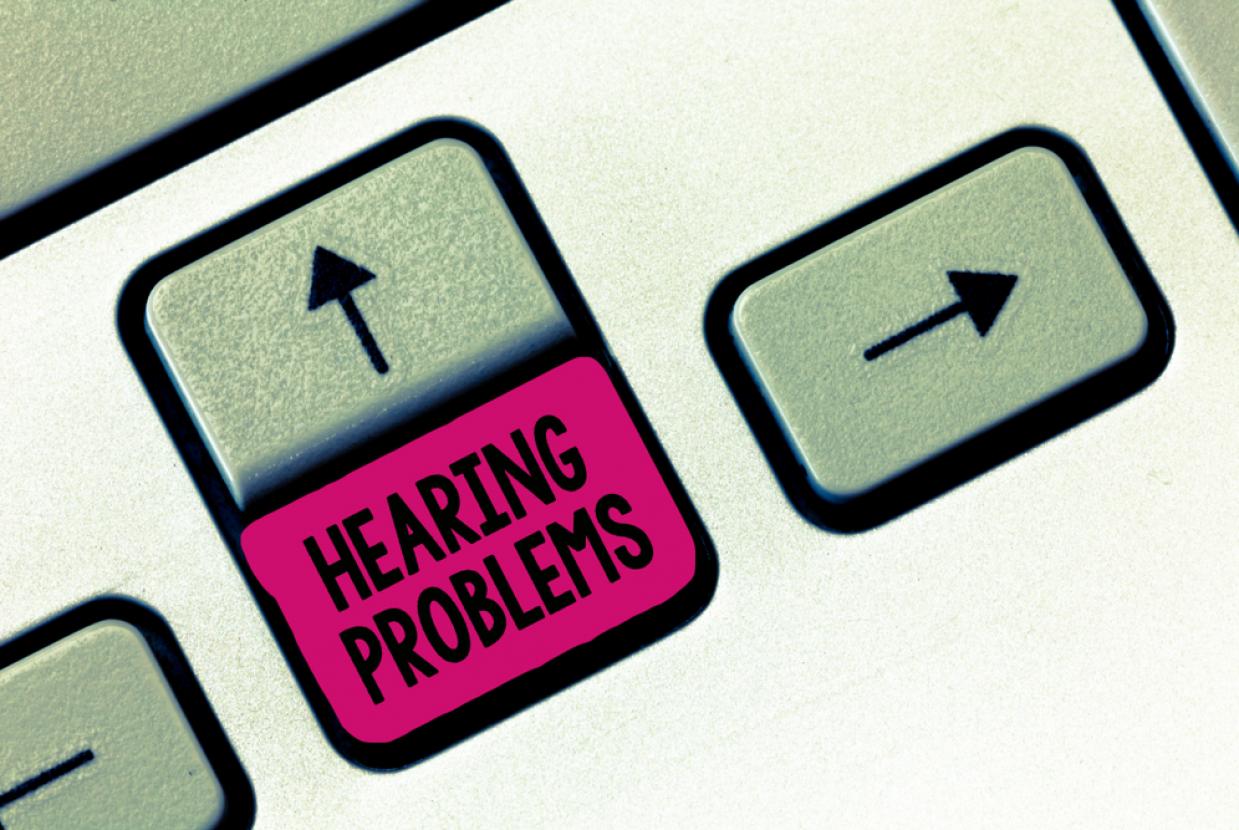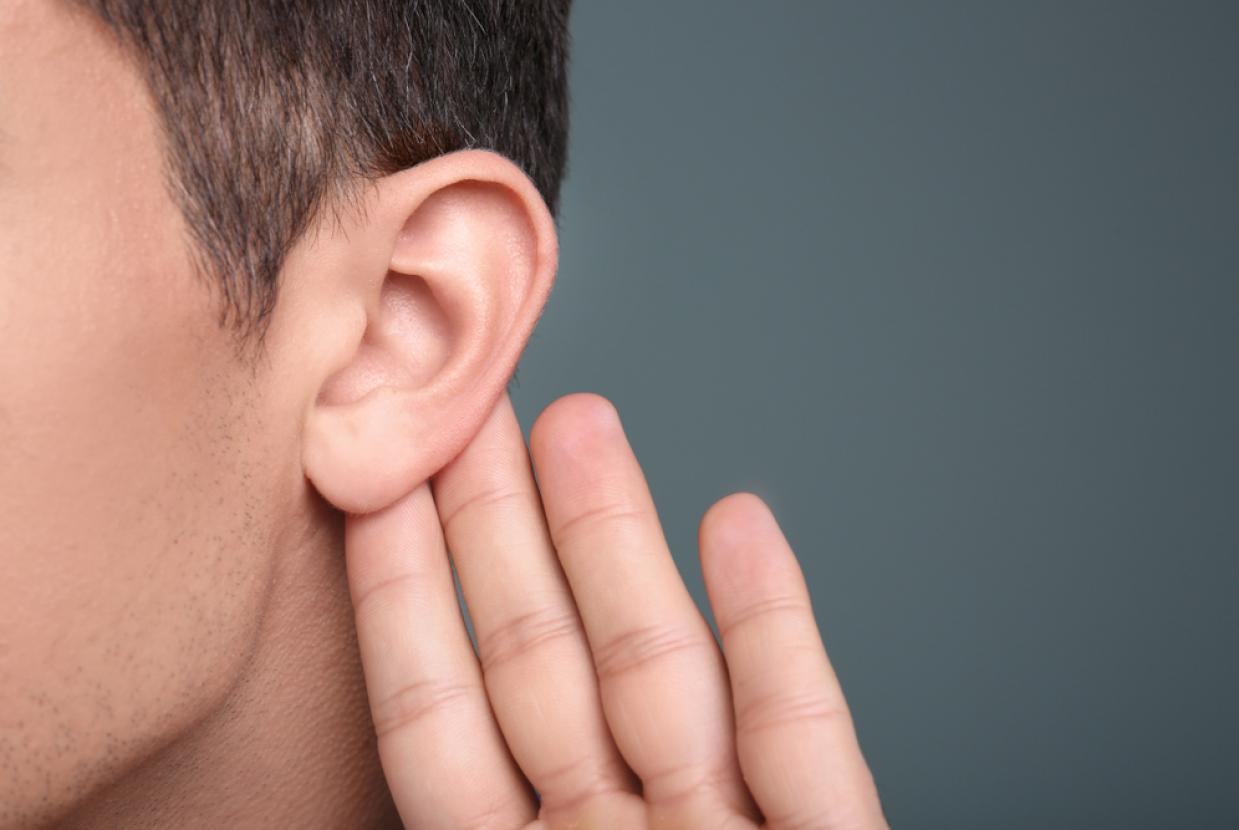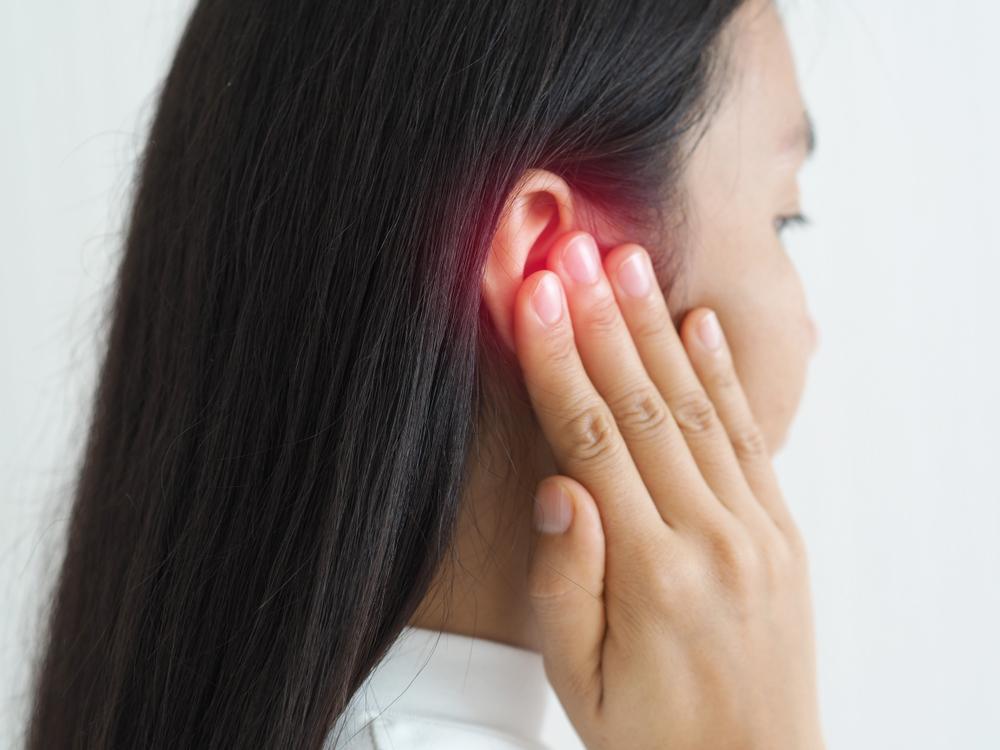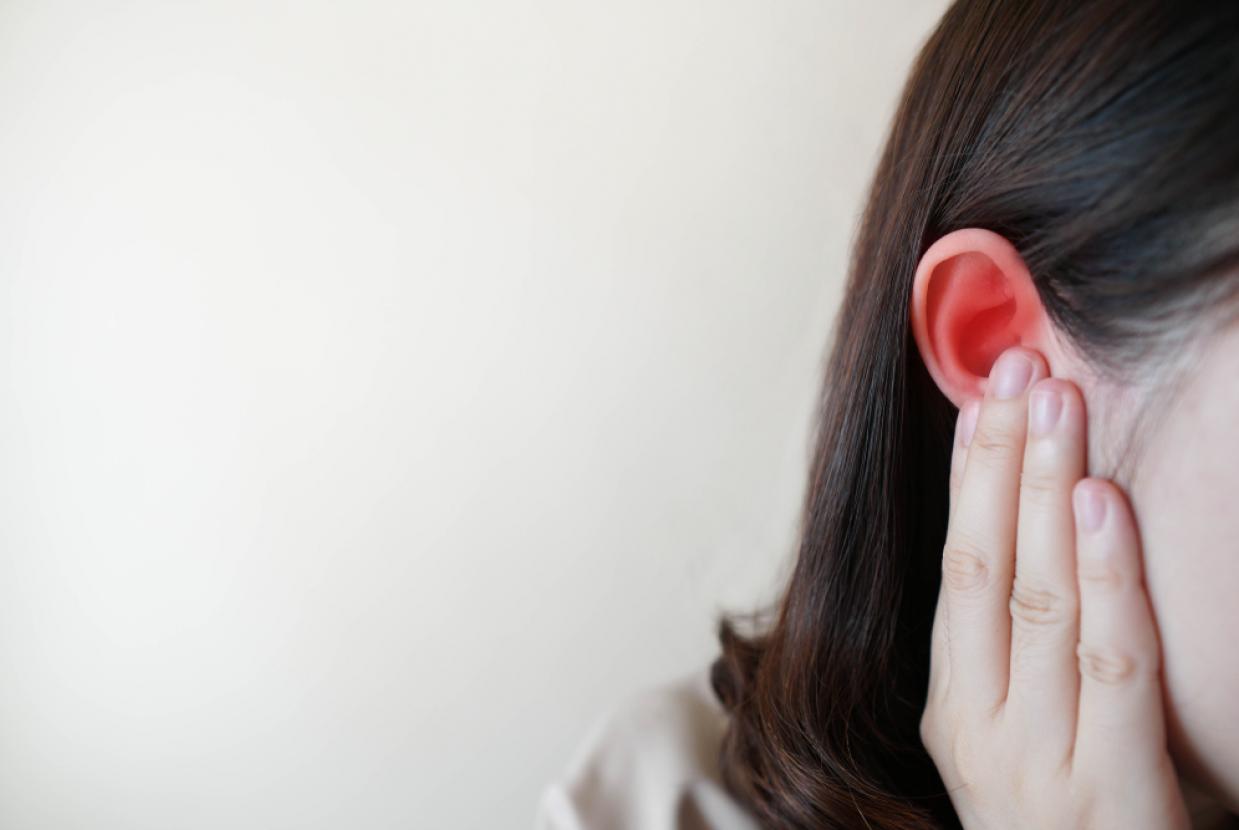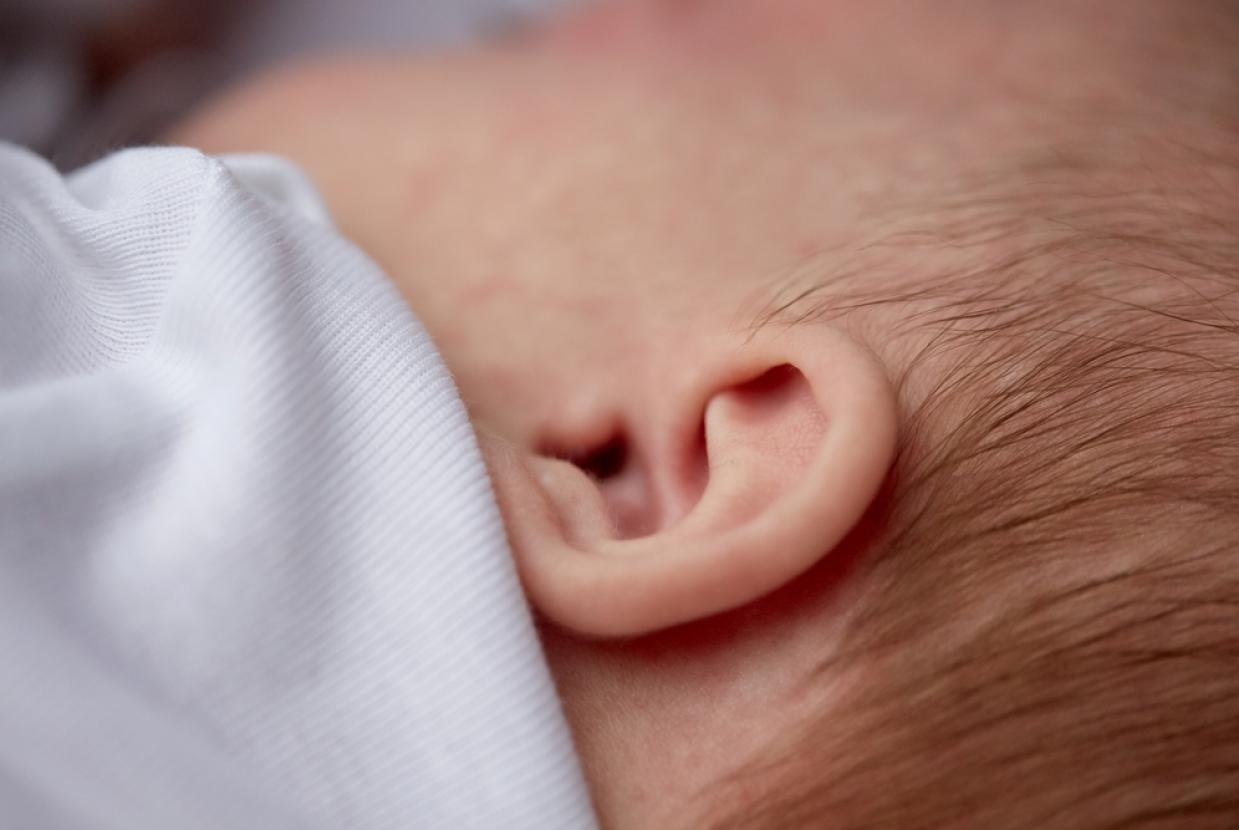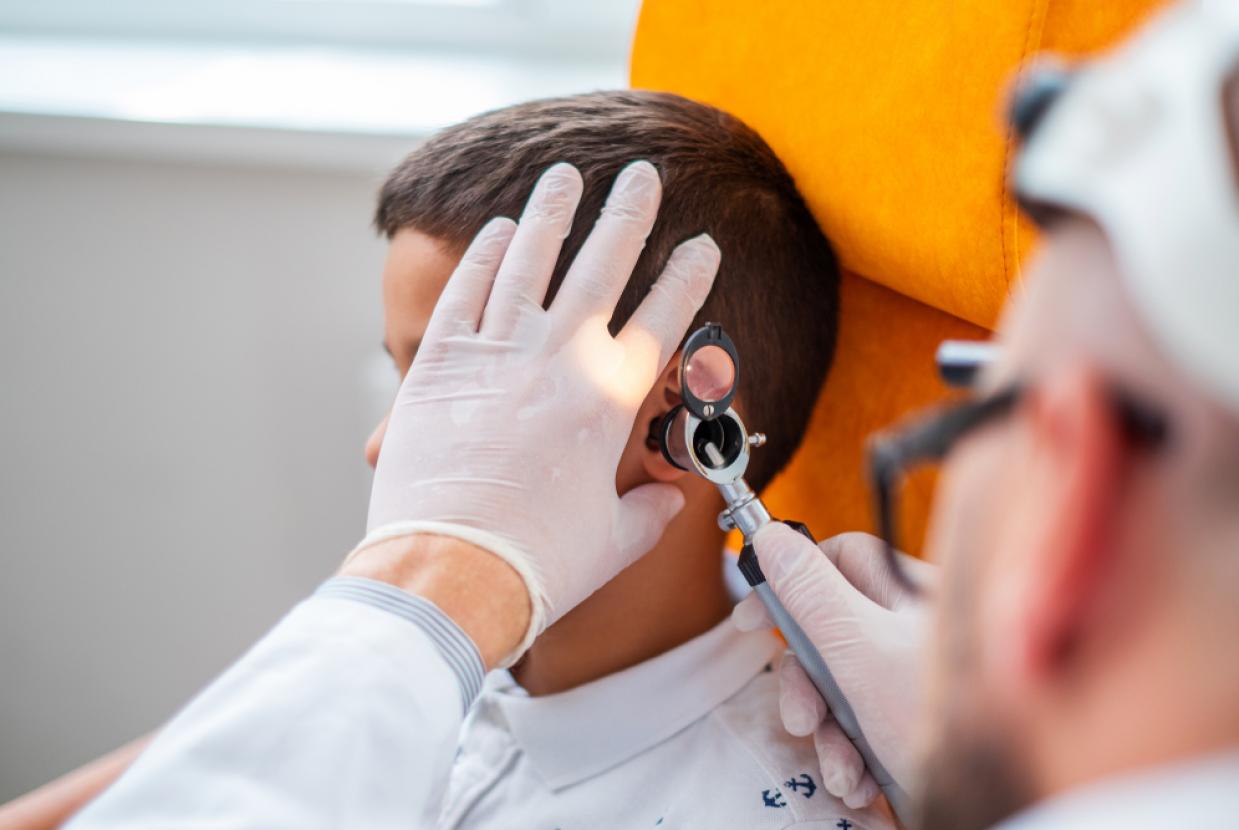Deaf Awareness Month: What Could Be Causing My Tinnitus?
HearingMost cases of tinnitus are linked to hearing loss caused by damage to the inner ear, such as through normal ageing or exposure to loud noise. This type of hearing loss is called sensorineural.
Less commonly, tinnitus is linked to hearing loss caused by a blockage or ear condition that affects the outer or middle ear and stops sound waves from passing into the inner ear. This type of hearing loss is called conductive.
Ear-related conditions that can be associated with tinnitus include:
- a build-up of ear wax
- a perforated (torn) eardrum
- ear infections such as glue ear
- otosclerosis
- Ménière’s disease
- neurological disorders including acoustic neuroma, which is a non-cancerous growth that affects the hearing nerve.
Sometimes, but uncommonly, tinnitus can be linked to other medical conditions:
- head or neck injuries
- cardiovascular disorders, especially high blood pressure
- metabolic disorders including hypothyroidism and diabetes
- certain medications that are used to treat serious illnesses such as cancer.
For some people, tinnitus doesn’t appear to be linked to any particular cause.
Tinnitus and hearing loss
Many people with tinnitus also have hearing loss. It’s thought that hearing loss can cause tinnitus symptoms, especially if it isn’t managed with hearing aids.
When we hear, sound waves travel through the ear into the cochlea, our hearing organ in the inner ear. The cochlea is lined with thousands of tiny sound-sensing cells called hair cells.
These hair cells change the sound waves into electrical signals. The hearing nerve then sends these electrical signals to the hearing part of the brain, which analyses them and recognises them as sound.
When part of the ear or hearing nerve becomes damaged or doesn’t work properly, this reduces the number of electrical signals usually sent to the brain. Research has shown that the hearing part of the brain then ‘fills in the gaps’ of the sounds that are expected to come from the ear. This is one major cause of tinnitus.
What’s more, if you have hearing loss, you may be more aware of tinnitus. This is because you won’t hear as many environmental sounds that could otherwise help to mask it. In this case, using hearing aids or, in more severe cases, cochlear implants, may help with both hearing loss and tinnitus.
But this is not the whole story, because some people with tinnitus have normal hearing, and many people with hearing loss don’t have tinnitus.
Stress and tinnitus
There’s a known link between stress and tinnitus. Any source of stress can be a trigger for tinnitus, or make it worse. And some people, though not all, find that tinnitus makes them feel stressed and anxious. These feelings aren’t always caused by tinnitus, but they can be made worse by it.
So a vicious circle develops: stress makes tinnitus worse, which leads to greater stress and anxiety. There are tinnitus therapies specifically designed to help break this cycle.




